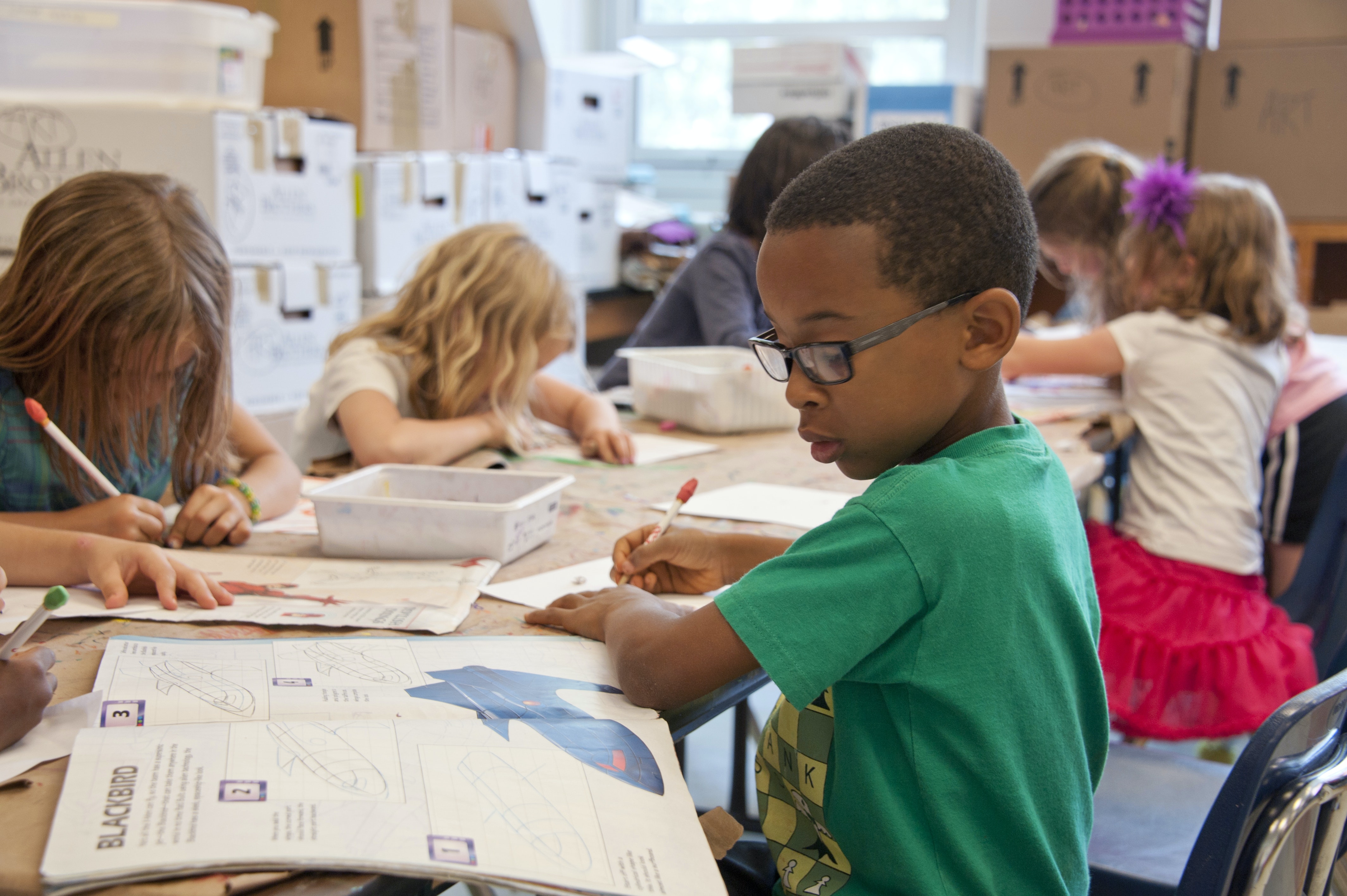You have ten minutes to speak to your child’s teacher so you’d better be ready for it! Discover how to get the most out of parents’ evening.
Once a year at worst, and a few times at best, you’ll have the chance to meet your child’s teacher for an informal chat and learn about your son or daughter’s performance. But don’t be fooled, this is no relaxed discussion with a nice cup of latte. It’s more like a quiz show where your task is to ask and answer as many questions as possible in a limited time. Go beyond your designated slot and you’ll start to feel the presence of the next parents breathing down your neck! Welcome to parents evening. Your time starts….now! ⏳
What you can find out beforehand
No matter what kind of parent you are, when it comes to parents’ evening, preparation is key. There’s no point in writing down what to ask at parents’ evening if you already have the information. It should be a time for informed questions with new information. Before you go:
- Read through your child’s most recent school report and think about if you need anything explained
- Look at your child’s work to see whether it’s being marked. Is your child making progress and are they getting good grades?
- Talk to your child but be careful not to criticise. Just listen to them. How do they feel they are doing at school? Do they like their teacher? Why/Why not? Their answers will probably guide you as to what to ask at parents’ evening.
- Check if your child needs to be with you at the parents’ evening or not. At GCSE level, it is probably best, even if they’re reluctant
- Don’t just focus on academic information. Ask about your child’s wellbeing and friendship groups as well
- Take a paper and pen so you can write down some notes about what is said. This is especially good if you have to relay the information to another parent or carer if they cannot attend
- Try to pass on anything you feel that the teacher is doing particularly well. We’re sure that they will appreciate some positive feedback! 🙂
What kind of questions to ask
What to ask at parents’ evening can be overwhelming. It’s best to focus on what particular information you need to find out:
Questions about their progress
- Is my child at the expected level for their age and ability?
- How could my child improve?
- Does my child participate well in lessons?
- Are they doing their homework?
- Do you think my child is fulfilling their potential in class?
- What opportunities has my child been given to help them with their future career plans?
Questions about how you can help your child at school
- My child seems to be worried about maths (for example). How can I help them?
- My child refuses to go to school sometimes. How can I encourage them?
- Do you think we should consider a private tutor to help with this subject?
- How can I help them gain more confidence and participate more?
- Could you explain what you mean by challenging behaviour (for example) in their school report?
- Who’s the best person to talk to about mental health (for example)?
Questions for general information
- What does my child enjoy doing most in lessons?
- What are my child’s strengths and weaknesses?
- Does my child have a good friendship group?
- What does my child show a natural ability for?
- Do you think my child has had a good school year?
- Is there anything that is a cause for concern?
Don’t be too defensive
Any criticism your teacher gives you about your child should be constructive. It is designed to guide them towards further improvement. If your child has come along to parents’ evening with you, resist the urge to tell them off, make a negative comment or sound disappointed. See it as a positive move that the teacher has communicated this information to you. It shows that your child, who is still a work in progress (aren’t we all!), has something to work on and you’re going to support them in this. 💪
Follow up
Parent and teacher communication is important and just because parents’ evening is over doesn’t mean you should have no contact until it comes around again. You should be able to contact them either by email or by phoning the school to ask about any of the issues that have been raised in the parents’ evening. Keeping an eye on a smaller problem now should prevent it becoming a bigger problem at a later date.
If you don’t need to contact the teacher in between parents’ evenings, keep the notes that you had at the last parents’ evening. That way you’ll be able to see if progress has been made in areas that may have concerned you during the last meeting.
You might also think about jotting down some new, ‘What to ask at parents’ evening’ questions, to help when it comes around again.
Now, you’re all set! But if you’re still feeling worried, former teacher and mum, Nicole Ponsford, has some words of wisdom from both sides of the desk. Whatever happens, don’t put pressure on yourself thinking this is a once-in-an-academic-year chance to speak to your child’s teacher. The door is always open for parent-teacher communication. The main thing is you’re showing a keen interest in your child’s education, which is all any son, daughter, or teacher could ever hope for! 👏






